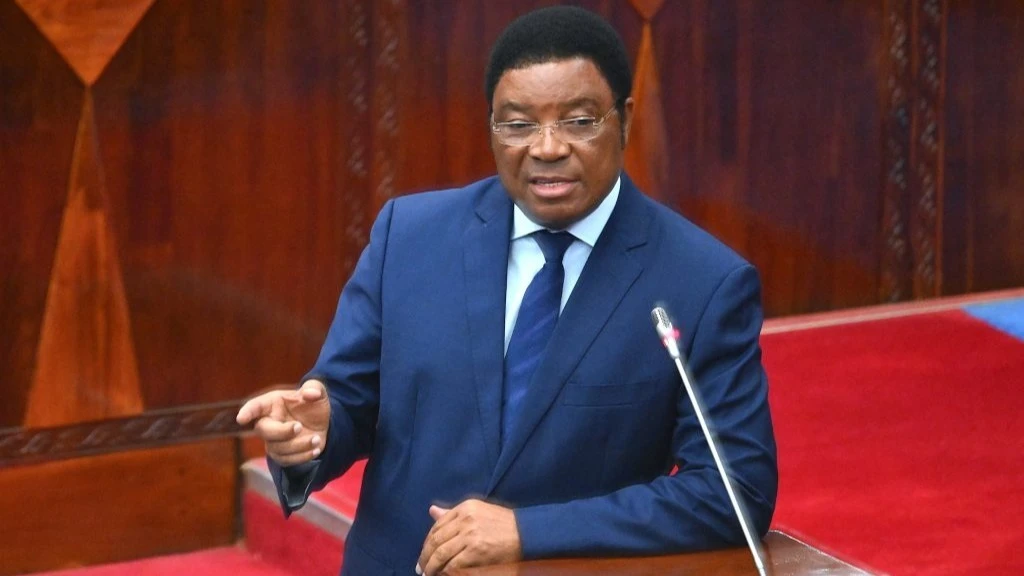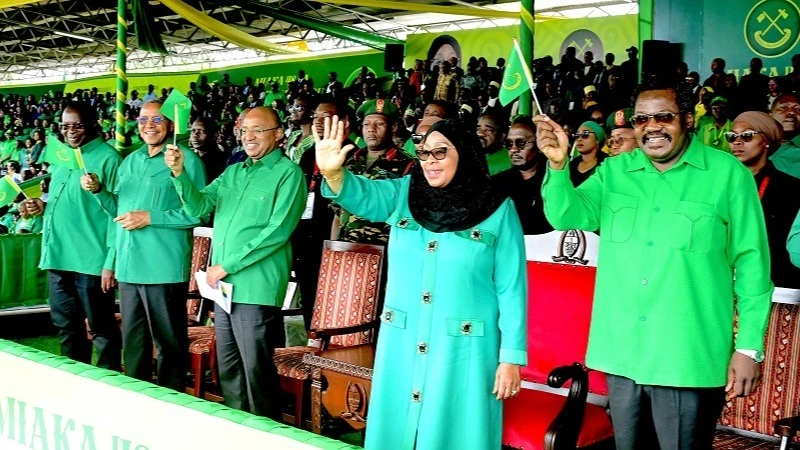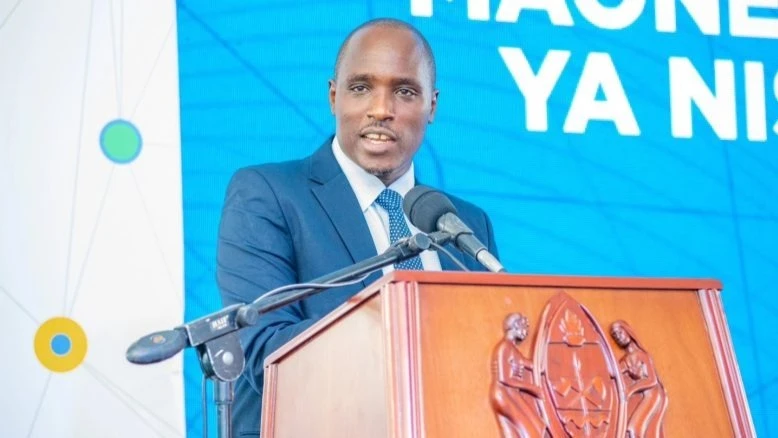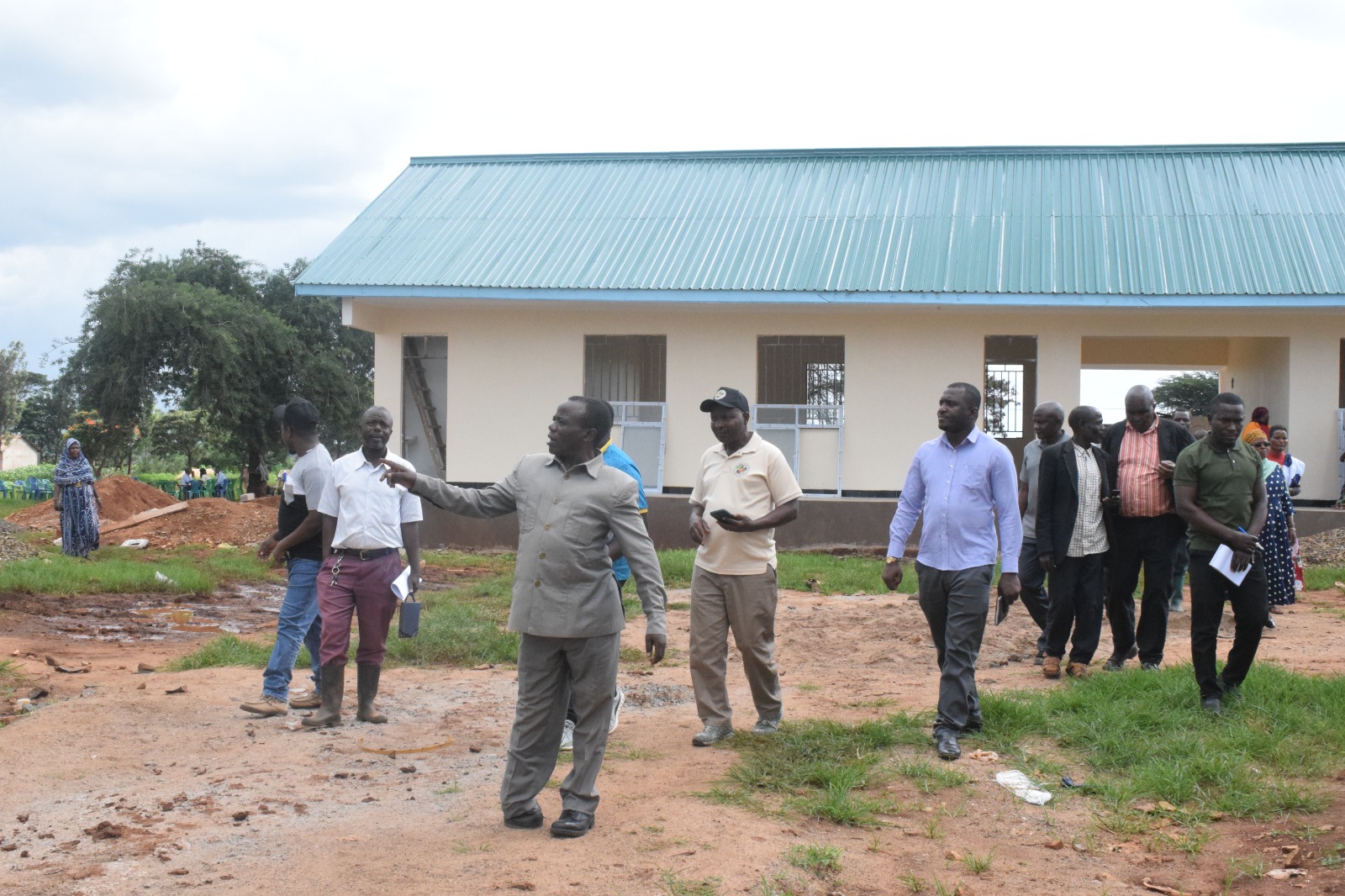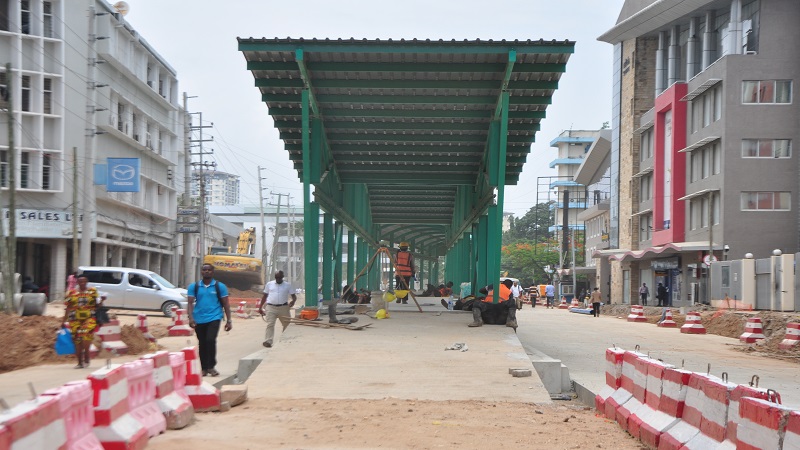Plans for multi-billions railway projects through PPP underway

Tanzania Railways Corporation (TRC) is seeking to engage private players to implement three projects which will involve the construction of two Standard Gauge Railway (SGR) lines and development of railway network for Dar es Salaam commuter train.
The first project will include the 1,000 kilometer SGR Railway line running from Mtwara port on the Indian Ocean to Mbambabay on Lake Nyasa, with spur connecting the minerals fields of Mchuchuma coal and Liganga iron ore in southwestern Tanzania.
The executive director of Public Private Partnership Centre (PPPC) David Kafulila confirmed this week that the project which is still on pre-feasibility stage will connect and promote trade between Tanzania and at least three other countries of Malawi, Zambia and Democratic Republic of Congo (DRC).
In November last year, the Tanzania Railway Corporation (TRC) director general r Masanja Kadogosa said that the agency made a pitch to investors and financiers at the Africa Investment Forum in Marrakech, Morocco, earlier this month and secured at least $2.2 billion of interest in the project.
The Mtwara-Mbamba Bay railway with spurs to Mozambique, Zambia and Malawi was first proposed two decades ago, Kadogosa was quoted as saying. It will cater for proposed coal and iron ore mines in Mchuchuma and Liganga, and also serve Dangote Cement Plc and Tancoal Energy Ltd.
“The project is not beneficial for Tanzania alone, it is a regional railway that connects four countries,” he said. “Large financial institutions are more interested in regional projects that integrate Africa and facilitate trade.”
Tanzania is expanding its railway network with a view to hasten the pace of industrialization and to boost trade by capturing cargo for neighboring nations.
According to Kafulila, the second PPP project which is under the concept note, will involve the construction of Standard Gauge Railway (SGR) line to connect the northern corridor from Tanga and Arusha to Musoma.
The project with an estimated cost of US$3.3 billion aims to address transport challenge along the northern corridor, connecting Mwambani Port in Tanga with Uganda, through Lake Victoria to Uganda.
The project will pass through agriculturally rich areas and is expected to connect with mining areas.
The third project according to the PPPC chief will involve development of Railway network for Dar es Salaam Commuter train services which is now under the pre-feasibility study stage.
The US$ 2.2 billion project includes modern rolling stock, dedicated railway infrastructure, telecommunication and signaling systems, trading services, parking lots, passenger terminals, pedestrian flyovers, rail crossing and fencing.
Economists suggest that Dar es Salaam city would greatly benefit from a commuter train service.
With its rapidly growing population and increasing urbanization, the city faces significant challenges with traffic congestion, particularly during peak hours. These conditions not only delay commuters but also increase pollution and reduce overall productivity.
A commuter train service could provide a more efficient, reliable, and environmentally friendly transportation option, alleviating pressure on the roads.
Such a system would ideally connect key residential areas like Mbagala, Kimara, and Ubungo with business hubs in the city center, providing an affordable alternative to driving or relying on buses. Additionally, the infrastructure could support long-term growth, contributing to a more sustainable and connected urban environment.
Kafulila said the three railway projects are part of 60 PPP-led projects which are under the pipeline, through different stages of implementation in different sectors of the economy including education, water, energy, electricity, gas and transportation.
Established under the Ministry of Finance and Planning, the PPP Centre is responsible for coordinating, promoting, and overseeing PPP projects. It provides technical assistance to government institutions and facilitates PPP project development.
Tanzania has been increasingly leveraging Public-Private Partnerships (PPP) to fund and execute large-scale infrastructure and development projects, particularly as the government focuses on industrialization and economic growth.
The government is forecasting a significant boost in Public-Private Partnerships (PPP) worth 22.8trn/- (about USD9.1 billion) in projects aimed at accelerating infrastructure, energy, transportation, and social services development.
The PPP plan is expected to create thousands of jobs, enhance the country’s economic resilience, improve public services, and attract further foreign direct investment.
PPPs in Tanzania are designed to attract foreign direct investment and stimulate domestic private sector growth.
Given the need for efficient infrastructure and services to sustain growth, Tanzania’s PPP approach remains integral to its national development agenda and aligns with its Vision 2025 goals for middle-income status.
Through these initiatives, PPPs are expected to improve public service delivery, stimulate economic growth, and make Tanzanian infrastructure projects more attractive to both domestic and foreign investors.
Tanzania's Public-Private Partnership (PPP) framework is governed by the Public-Private Partnership Act, 2010, as amended in 2014 and supplemented by various regulations and guidelines.
The law establishes the legal foundation, procedures, and institutional framework for planning, developing, and implementing PPP projects across the country.
The Tanzanian government has also issued several PPP regulations and guidelines, covering project appraisal, procurement, risk management, and contract management. These regulations aim to standardize the PPP process, improve transparency, and enhance private sector confidence in Tanzania’s PPP environment.
Overall, Tanzania’s PPP law seeks to encourage long-term collaboration between the public and private sectors while ensuring transparency, accountability, and value for the public in all partnership projects.
Top Headlines
© 2025 IPPMEDIA.COM. ALL RIGHTS RESERVED












